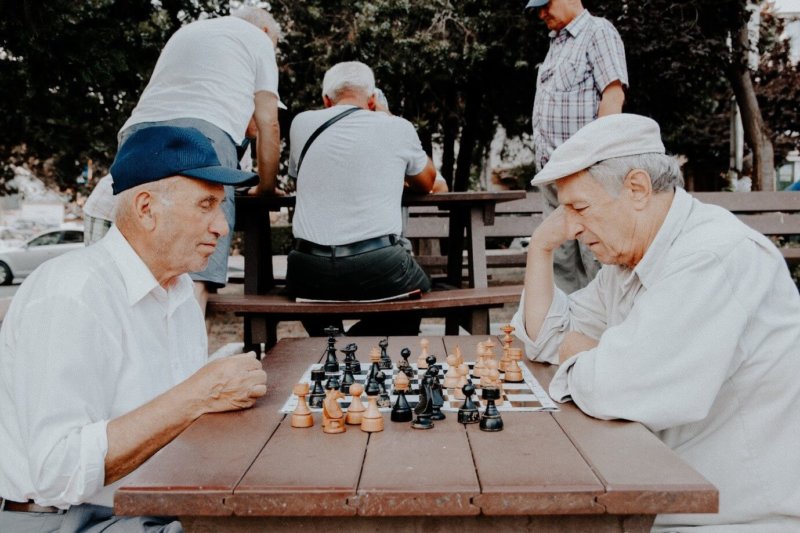Dementia is a terrible disease which affects more than 850,000 people in the UK today.

Dementia is a terrible disease which affects more than 850,000 people in the UK today.
In simple words, dementia is a term that we give to certain symptoms affecting different aspects of brain functions. They can get worse over time and influence the way we live our lives.
The brain
The brain is the most complex structure, with cells, bundles of nerves as well as blood vessels all interconnected and working together to keep us alive every day. When these cells become damaged and all the interconnections start to break down, people start developing dementia.
This is the reason why dementia is so difficult to understand and, as a result, to treat. The complexity of the human brain has been the most miscellaneous object of study for years and, while scientists and doctors have come up with new theories, a definitive treatment for dementia is yet to be found.
However, 2018 proved to be a turning point for the battle against dementia, as scientists developed new theories on why many drugs had failed to prevent or, at least, slow down the early stages of dementia.
Moving away from strictly scientific and medical research, new approaches are now being considered to help patients as well as caretakers. Virtual reality and reminiscence therapy are at the forefront, thanks to the progress being made by technology, which now also offers more accessible devices and solutions.
New treatments
Virtue, a UK healthcare start-up committed to developing innovative solutions to tackle the symptoms of ageing, has launched an app to support reminiscence therapy through a patient’s memories and experiences. Through the use of innovative virtual reality handsets, patients affected by dementia can go back in time and relive past experiences and familiar places.
Memories are personal and unique, so relatives and caretakers can choose different pictures and videos to take back their loved ones and be sure they enjoy their travel in time. The app can be used on any smartphone or tablet, so they can use it anytime from the comfort of their home.
Reminiscence therapy has proven to be an effective method to improve and support mental and cognitive health in people with dementia and, in fact, “dementia villages” are now being developed in Europe.
The most well-established village, which opened in 2015, is in the Netherlands and the UK is planning to have one in Kent by the end of 2020. These villages are real communities with their homes, shops and places to eat – all designed for dementia patients in order to provide them with firm reference points and familiar surroundings.
Doctors and specialists work around the clock to offer 24-hour care to the residents, who manage their daily routine – from washing to cooking – with constant support of a specialist.
These villages make it possible for dementia patients to enjoy a coffee in the local café and go for a walk in the park, and if they get lost or confused, they can always find a ‘villager’ to provide assistance. This enables patients to live a normal life whilst being provided with care and support and in a safe environment.
Natural remedies
In addition, natural remedies can also be used to support brain and memory at a younger age. While there’s no scientific evidence, Ginko Biloba is a popular health supplement, which is said to help prevent memory loss.
A healthy and well-balanced diet is key to helping enhance brain functions as well as improving memory and concentration. Foods rich in healthy fats and omega-3 such as salmon, olive oil and dried fruit should always be included in your diet.
The ground-breaking research done by doctors means treatment for dementia has come a long way. Although there may be some way to go to finding a cure, the advancements in technology and care has given sufferers the opportunity to enjoy a more fulfilled life.
